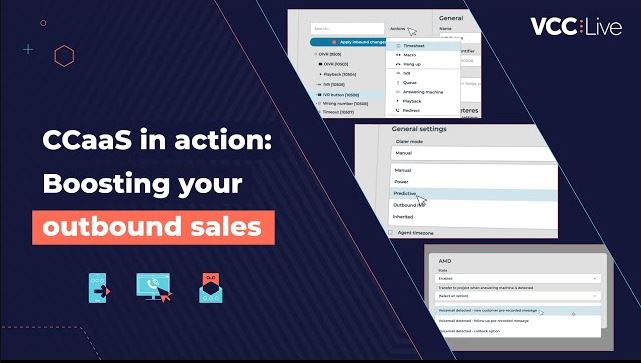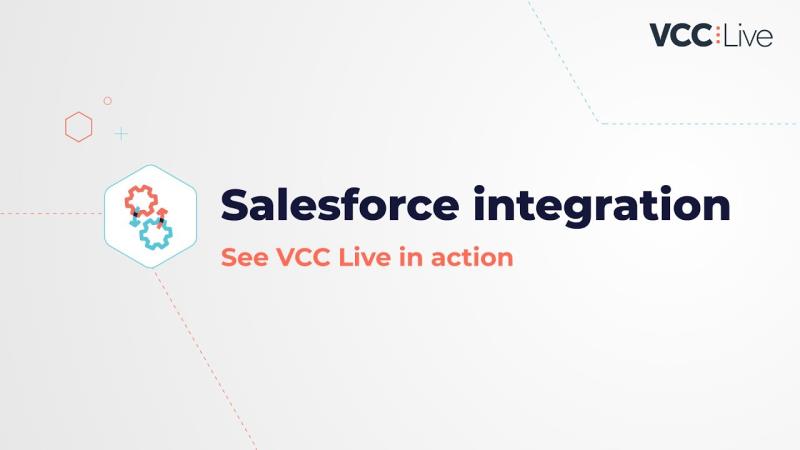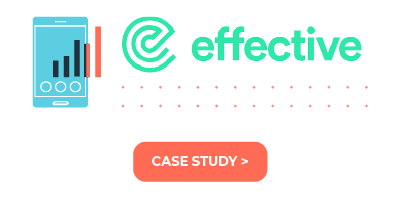Commands and Command Options
Estimated reading time: 10 minutes | Target users: Supervisors, System Administrators
You can use commands to tell VCC Live Archiver what task to perform, and use command options to define how a command should behave.
Note: If no command is used when executing VCC Live Archiver, the application will start archiving all call recordings, and the old switch behavior takes place. See Switches (Deprecated).
Syntax
vccla-windows-386.exe command --option1 value --option2 value ...
Commands Reference
To read more about a specific command or see specific examples, click a command name below.
| Command | Description |
|---|---|
| cdrs | Exports CDR logs. |
| voicefiles | Exports call recordings. |
| help | Prints all available commands. If used in conjunction with a command, it prints all available command options for the command. |
cdrs
Exports CDR logs.
Syntax
vccla-windows-386.exe cdrs --option1 value --option2 value ...
Command Options
| Option | Description |
|---|---|
| –overwrite | Overwrites existing files or folders. |
| –output value, -o value | Sets output folder. If not defined, the output folder will be the one specified in the .env configuration file. |
| –projectid value, -p value | Specifies which projects to download the CDR logs for. If null or not defined, the command applies to all projects. To mark more than one project, use flags, for example: -p 395 -p 785 |
| –timeFrom value | Downloads CDR logs from this time. It has to be a valid time. Format: hh:mm:ss |
| –timeTo value | Downloads CDR logs up to this time. It has to be later than timeFrom. It has to be a valid time. Format: hh:mm:ss |
| –from value | Downloads CDR logs from this date. If not defined, sets the previous day’s date. Format: YYYY/MM/DD |
| –to value | Downloads CDR logs up to this date. If not defined, sets today’s date. Format: YYYY/MM/DD |
| –format value, –fmt value, -f value | Specifies the output file format. Values: csv, tsv. If not defined, the format will be CSV. |
| –fields value | Specifies the required records’ fields (columns), separated by a comma. Overwrites CDR_HEADER_ORDER in the .env configuration file. Read about CDR Log Header items in the CDR Log Headers section. |
| –filename value | Specifies the output file name. If used, all CDR logs will be exported to a single file. |
Note: You may use multiple command options followed by a command. Command options are optional.
Examples
To export CDR logs from all projects:
# ./vccla-windows-386.exe cdrs
To export CDR logs from projects with project ID 395 and project ID 785:
# ./vccla-windows-386.exe cdrs -p 395 -p 785
To export CDR logs from all projects to a file called “CDRlogs”:
# ./vccla-windows-386.exe cdrs --filename CDRlogs
To export CDR logs from the project with ID number 75, created between 2017-01-01 and 2017-01-31, to the path ‘C:Usersuser.nameDownloadscall_recordings’, in TSV format:
# ./vccla-windows-amd64.exe cdrs --from 2017/01/01 --to 2017/01/31 --output C:Usersuser.nameDownloadscall_recordings --projectid 75 --format tsv
voicefiles
Exports call recordings.
Syntax
vccla-windows-386.exe voicefiles --option1 value --option2 value ...
Command Options
| Option | Description |
|---|---|
| –overwrite | Overwrites existing files or folders. Can only be used with the download option. |
| –dry-run | Downloaded call recordings won’t be deleted from the server (won’t be archived). |
| –download | Downloads all files regardless of whether the recordings have been archived (not archiving any). Implies dry-run. |
| –parts value | Downloads specific voice file parts only. Use whitespace to separate lists of voice file tags. If multiple parts are needed, enclose the value in quotation marks (“”). See Voice File Tagging. Can only be used with the download option. |
| –output value, -o value | Sets output folder. If not defined, the output folder will be the one specified in the .env configuration file. |
| –projectid value, -p value | Specifies which project to download call recordings from. If null or not defined, the command applies to all projects. |
| –from value | Downloads call recordings from this date. If not defined, sets the previous day’s date. It can be used both with and without the download option. Format: YYYY/MM/DD |
| –to value | Downloads call recordings from this date. If not defined, sets today’s date. It can be used both with and without the download option. Format: YYYY/MM/DD |
Note: You may use multiple command options followed by a command. Command options are optional.
Examples
To archive all call recordings from all projects:
# ./vccla-windows-386.exe voicefiles
To archive call recordings from the project with ID number 75:
# ./vccla-windows-386.exe voicefiles --projectid 75
To download call recordings (without archiving) from the project with ID number 75:
# ./vccla-windows-386.exe voicefiles --projectid 75 --dry-run
help
Prints a list of available commands. If used in conjunction with a command, it prints all available command options for the command.
Syntax
vccla-windows-386.exe help
vccla-windows-386.exe help command
Examples
To list all available commands:
# ./vccla-windows-386.exe help
To list all available options for the cdr command:
# ./vccla-windows-386.exe help cdrs
To list all available options for the voicefiles command:
# ./vccla-windows-386.exe help voicefiles
Congratulations!
You have just completed the VCC Live Archiver tutorial.








Comments
Can’t find what you need? Use the comment section below to connect with others, get answers from our experts, or share your ideas with us.
There are no comments yet.